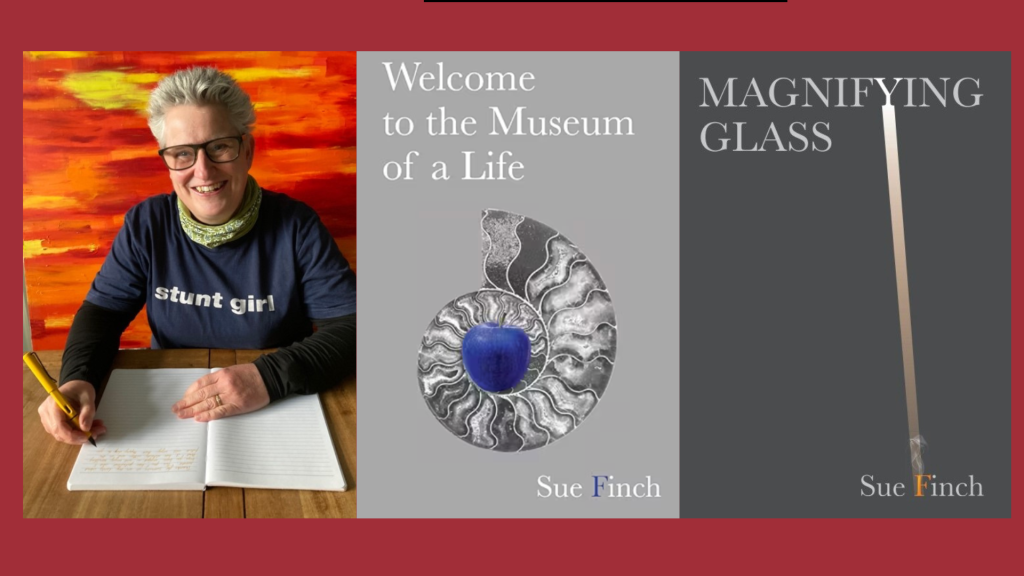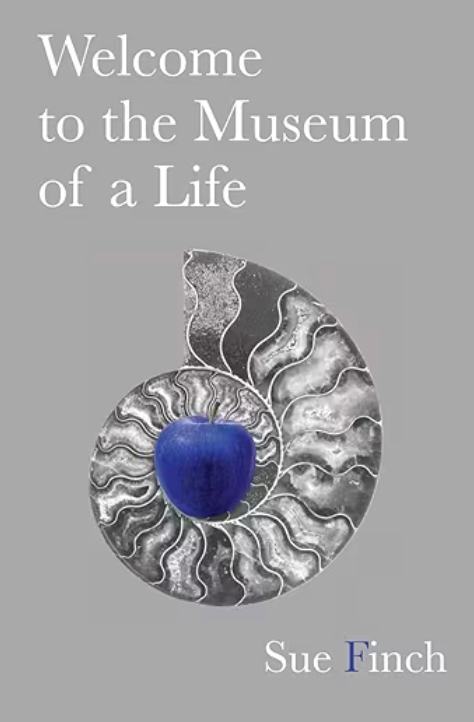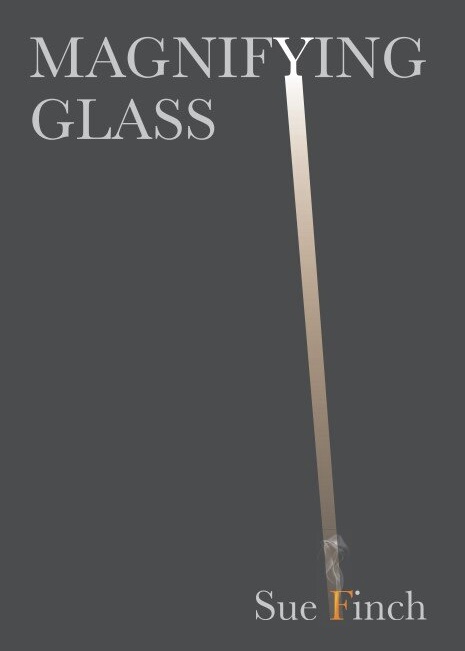It gives me great pleasure to welcome back my dear friend, and talented poet, Damien B Donnelly to Patricia’s Pen. Without further ado I’ll hand over the reins to Damien and Coming Back to the Garden.

Coming Back to the Garden
Damien B Donnelly
Recently, I completed a Garda (police) Vetting form for a job, requiring you to list all the places you’ve ever lived, all those rooms and walls and drawers you turned into houses, hung pictures, stored all the things you never use but can’t release. My list covered 48 years and 19 so-called homes, houses, shelters and pit stops. It made me reflect on the word home – how had each one attached itself to me as I unfolded beneath their roofs, behind their doors? Did I turn them into what I needed or did they transform me into something to fit within its dimensions?
I’d been moving since before I had a hand in its decision. Born in 1975, in a mother and baby home in Dublin and adopted three weeks later, having been housed previously in the fold of a girl who hoped for me a better life

When you make the decision to leave home, to leave your birth country, as someone who’s adopted, that origin story weighs in on that decision. Even though I knew it as a positive tale, a bedtime story of being chosen, for me there was a sense of having already been given up, been released, been let out into the wild world where the ties already cut. I was just waiting for the day to slip away.
Perhaps one of the most significant poems in this collection is To Find Out What Lies Beyond the Scent of Lavender. I now live in a cottage on the edge of Dublin built for my great grandparents in 1904 and spend a huge amount of time tending the garden – digging, chopping, identifying the roots of flowers planted by my mother, grandfather, probably great grandparents. And yet, the closer I get to their roots, the further I come from my own

When I left Ireland in 1997, having already gone through a string of flats and bedsits in Dublin, I spent 25 years in Paris, London, Amsterdam

but, after 20 years of boats, barges and seasonal relationships, I ended up in Paris again, thinking I was done moving. I returned, thinking the city would have changed, moved on, adapted and it would take time to rekindle our relationship. Silly for me to think like that about a city who hasn’t changed in 500 years. Paris was born a stubborn adult, dressed in Chanel attire, a proud, free-thinking, free-spirited grown-up, her raison d’etre – herself entirely. What transpired was a realisation that while she was the very same, I was nothing like the wide-eyed innocent 22-year-old who’d discovered my own self beneath her shadows at the end of the 1990’s

When I eventually came back to Ireland, I thought it would be a simple homecoming, lost boy returned after a visit to Neverland, second star to the right and straight on till morning, only 25 years later. I’d gone out to see how far I could go – how much I could stretch before being pulled back in

but as I began to unpack my far-acquired treasures, I realised not everyone had taken flight. I had to be careful, selective about what I took out of the case

Speaking of unpacking, I moved into the family home on my return, a 2-bedroom cottage I’d never lived in, aside from summer holidays with grandparents as a child. 25 years is a lot to unload in a tiny bedroom and, at 45, you’ve a lot to unload. Prior to moving back, I’d agreed to stay for a few months to make up for being away so long but little did we know that 3 months later Covid would lock all the doors without asking permission. From a 5th floor walk-up in Paris, too small to hold anything non-essential to a 17-floorboard wide bedroom far from any city street. I was no longer the shy, confused 15-year-old kid who’d slept in that room, petrified about turning off lights at night, about the sounds, inside and out. Now, here I was in the room again, having outgrown the length of the bed, with many other sounds from many other places in my head, regardless off the lights being on or off

The collection is controlled by the tides, its repetition, how each time it comes in it changes the landscape, brings things in from the ocean, deposits them on the shore while taking much more back out with it, never to be returned again. Similarly, there are tales here, stories of people going out and coming back, trying to find ways out of places, situations and even skins that didn’t particularly suit them

At other times, people come back unexpectedly and have to swallow all the hopes and dreams they left with, having vowed to never return

One of my reasons for coming back was something I hadn’t thought about it – literally being Irish. I’d come home for a holiday the previous year, headed to Connemara for a week. On my return to Paris and work, I told my colleagues ‘Oh my goodness, the Irish are amazing, so warm and friendly and helpful’ and they all replied, ‘mais oui Damien – comme toi! But yes Damien, like you!’ But I insisted ‘no, not me, I’m talking about the Irish’ and they said the same thing again and I again protested until I stopped and realised they were right! All this time I‘d been running from a core part of myself, living in Amsterdam and Paris where, on average, folks were a little less full of the charms of life. Suddenly I thought, what am I doing here with all these pessimists and off I went! It’s not that Ireland is full of musical theatre singing paddies in caps on streets waving rainbows while St Brigid romances American Lohans but we’re a chatty bunch, we do our best to answer a question if someone is lost and even if it’s a wrong number an effort is made to put them on the right line again.

When I finally thought about all these places I’d lived in, unpacked those boxes under and over – London, Amsterdam, Paris and all the other layovers in between, always looking for things, perhaps what I was looking for was back at the root. One of the first things I had bought myself in Amsterdam was a bike, an emerald green, second-hand bike

~~~
Thank you so much Patricia for the opportunity to share these considerations in relation to my new collection and for all she does to promote the literature community.
It was an honour, Dami. Thank you for trusting Patricia’s Pen with your words and may I take this opportunity to thank you for all you do in supporting the poetry world.
Back from Away was published by Turas Press on 8th May at the Irish Writers Centre in Dublin, alongside Emma McKervey and her new collection Highland Boundary Fault.

Damien will have a zoom launch on the 26th May 2024 at 7pm GMT. Back from Away is available to order from Turas Press website.
About the Author

Damien B. Donnelly is the award-winning author of the poetry pamphlet Eat the Storms, a Stickleback micro-collection and the conversational pamphlet In the Jitterfritz of Neon, co-written by Eilín de Paor and his first full collection Enough! all published by Hedgehog Poetry Press. He’s the host & producer of Eat the Storms, the poetry podcast and editor-in-chief of The Storms, a printed journal of poetry, prose and visual art. His work appears in various journals, online and in print. Back from Away is his 2nd collection.

Other books by Damien B Donnelly
Links
For all things Storms, podcast and journal, check out

































